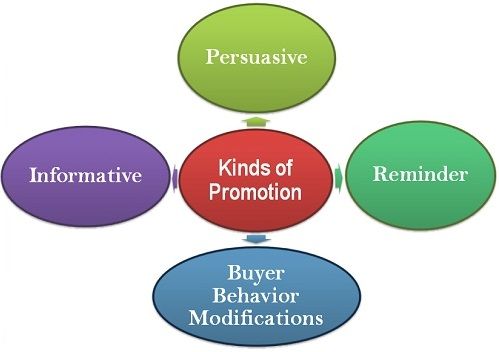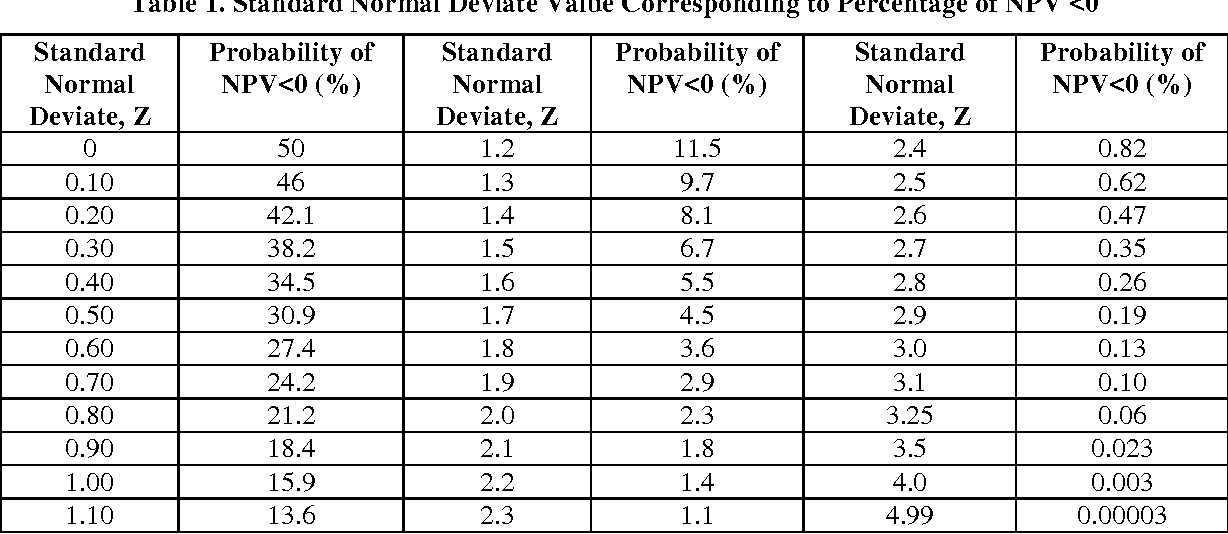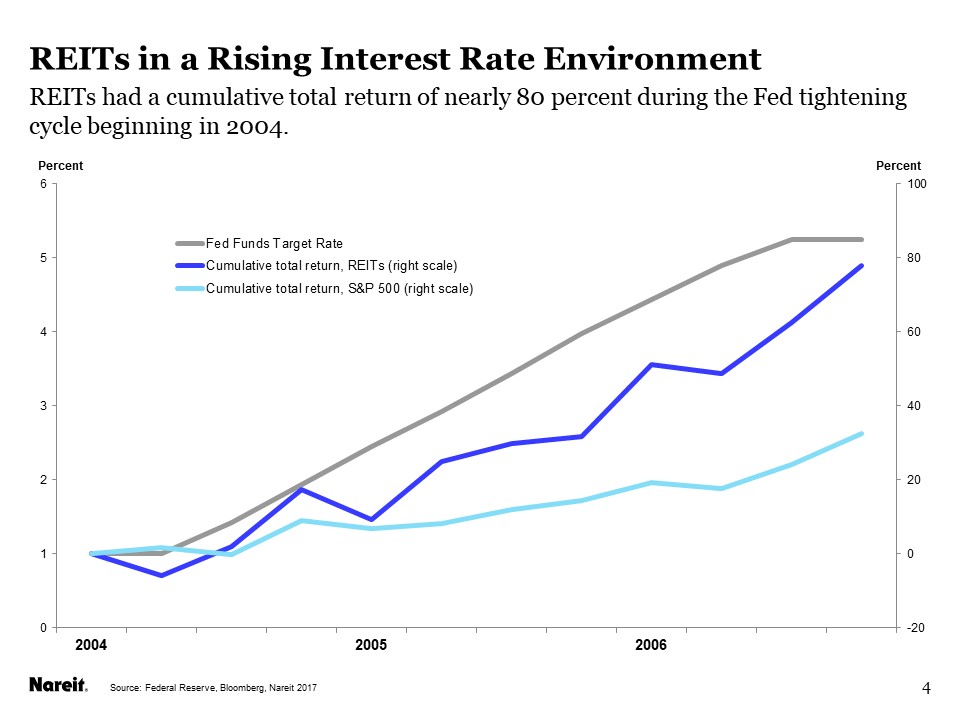
The economic entity establishes the farm business as a separate entity from the owners and stakeholders. This is a challenging assumption given the ties between the farm and the operator. For example, most operators live on the farm and drive business vehicles as their own personal vehicles. Adherence to this rule would not result in operators owning two vehicles (a truck for the farm, a sedan for personal use). Instead, it would dictate that the operator divide the use of such assets between their business and personal use. I would argue the economic entity assumption is more important from a theoretical framework standpoint.
Conservatism states that if there is uncertainty in a potential financial estimate, a company should err on the side of caution and report the most conservative amount. The financial statements are prepared under the economic entity assumption, meaning that the business itself (or ‘entity’) is separate from the owners of the business and any other businesses. The entity may only report activities on financial statements that are specifically related to their operations. When preparing their financial information, Felix only includes transactions related to FFF and not any personal transactions like the holiday he took to Japan. The going concern assumption assumes a business will continue to operate in the foreseeable future.
This assumption states that businesses view themselves as continuing operations, not entities ready to be liquidated. It means companies are assumed to continue operations into the foreseeable future unless evidence suggests otherwise. Even with sound research and analysis, there are still some elements of uncertainty when making assumptions about the future performance of a company or industry sector.
income amounts expected to be received or paid in
Though there are many similarities between the conceptual framework under US GAAP and IFRS, these similar foundations result in different standards and/or different interpretations. You also learned that the SEC is an independent federal agency that is charged with protecting the interests of investors, regulating stock markets, and ensuring companies adhere to GAAP requirements. By having proper accounting standards such as US GAAP or IFRS, information presented publicly is considered comparable and reliable. The SEC not only enforces the accounting rules but also delegates the process of setting standards for US GAAP to the FASB. As you may also recall, GAAP are the concepts, standards, and rules that guide the preparation and presentation of financial statements.

There are a handful of key assumptions and principles used to define accounting, which provides the structure for how a business “accounts” for the financial transactions and results of the business. Since different transactions occur, they are recorded and interpreted in various accounts in monetary terms. So, accounting helps to express heterogeneous economic activities in terms of money.
Common Examples :
For instance, companies typically use a standard cost method, including direct materials, labor and overhead. All these costs must match their relevant revenue before the overall cost of goods sold can be reported. This process allows for reliable financial statements to be created that accurately reflect the actual performance and profitability of the company during a period. Assumptions in accounting are based on the best available information at a given time. They can be used to make estimates but cannot guarantee exactness or foretell future outcomes.
New Study Released on Safety Benefits of Partial Vehicle Automation – BodyShop Business
New Study Released on Safety Benefits of Partial Vehicle Automation.
Posted: Tue, 15 Aug 2023 12:11:47 GMT [source]
Keynes proposed that assumptions be built into economic models used to analyze the effects of policy decisions. It is a concept that can be defined as the degree to which one set of accounts or financial statements is identical. The most common form of going concern assumption is that the company will continue to generate sufficient cash flows from its ongoing operations to meet its obligations and provide for its future needs.
Example No. 3 The Term Accounting Assumption Used in Practice
Accountants use assumptions to help provide clarity and accuracy when dealing with financial statements, budgets, and other accounting documents. Accounting is a critical part of any business, and making assumptions is an integral part of it. Accounting assumption refer to the underlying assumptions made when preparing financial statements. An analytical petty cash book is the most reliable and effective recording of petty expenses. There are certain vital questions that you should ask when analysing financial statements to ensure that your assumptions are correct.
- Let’s say there were a credit of $4,000 and a debit of $6,000 in the Accounts Payable account.
- The accrual principle is an essential accounting assumption because it recognises all revenues and expenses over time.
- Assumptions significantly impact the accuracy of a company’s financial statements.
- The normal balance is the expected balance each account type maintains, which is the side that increases.
Even though the customer has not yet paid cash, there is a reasonable expectation that the customer will pay in the future. Since the company has provided the service, it would recognize the revenue as earned, even though cash has yet to be collected. The going concern assumption assumes a business will continue to operate as normal in the foreseeable future.
What Will Be the Impact of Accounting Assumptions on Financial Statements?
This assumes that all transactions and events can be expressed in monetary units. For example, you would express the cost of a purchase in dollars, rather than units of time or amount of effort. If the going concern assumption is considered by the management to be invalid, the financial statements of the entity would need to be prepared on a break-up basis. The following principles of accounting are used by accountants to help guide their recording of business transactions. The majority of the world’s accounting is conducted in accordance IFRS with the main exception being the USA. The United States has the Financial Accounting Standards Board which acts in a similar role as the IASB and they issue the GAAP – General Accepted Accounting Principles.
Uttarakhand Board Class 11 Accountancy Syllabus 2023-24: Download in PDF – Jagran Josh
Uttarakhand Board Class 11 Accountancy Syllabus 2023-24: Download in PDF.
Posted: Thu, 10 Aug 2023 07:00:00 GMT [source]
Since Accounts Payable increases on the credit side, one would expect a normal balance on the credit side. However, the difference between the two figures in this case would be a debit balance of $2,000, which is an abnormal balance. This situation could possibly occur with an overpayment to a supplier or an error in recording.
Further, assumptions explain how the financial statements will be prepared and help ensure consistency across multiple reporting periods. The revenue recognition principle directs a company to recognize revenue in the period in which it is earned; revenue is not considered earned until a product or service has been provided. This means the period of time in which you performed the service or gave the customer the product is the period in which revenue is recognized. As you learned in Role of Accounting in Society, US-based companies will apply US GAAP as created by the FASB, and most international companies will apply IFRS as created by the International Accounting Standards Board (IASB). As illustrated in this chapter, the starting point for either FASB or IASB in creating accounting standards, or principles, is the conceptual framework.

The cost principle, also known as the historical cost principle, states that virtually everything the company owns or controls (assets) must be recorded at its value at the date of acquisition. For most assets, this value is easy to determine as it is the price agreed to when buying the asset from the vendor. There are some exceptions to this rule, but always apply the cost principle unless FASB has specifically stated that a different valuation method should be used in a given circumstance.
Need of Accounting Assumptions
The historical performance of
a company is readily available, but examining the numbers does not always
provide the entire financial picture of a company. Pending or current lawsuits
are one example of a transaction that could severely impact a company’s bottom
line. In addition, incomplete financial transactions
or any other conditions that could Accounting Assumptions impact the company’s performance must also
be disclosed. Most of these transactions are disclosed in the footnotes to the
financial statements. Historical Cost Principle – The historical cost principle deals with the valuation of both assets and
liabilities. The value at the time of
acquisition is used to value most assets and liabilities.

However, one should presume the business is doing well enough to continue operations unless there is evidence to the contrary. For example, a business might have certain expenses that are paid off (or reduced) over several time periods. If the business will stay operational in the foreseeable future, the company can continue to recognize these long-term expenses over several time periods.
The role of fundamental accounting assumptions is to provide a framework for understanding financial statements. The principle also requires that any expense not directly related to revenues be reported in an appropriate manner. The principle has determined that costs cannot effectively be allocated based on an individual month’s sales; instead, it treats the expense as a period cost.

